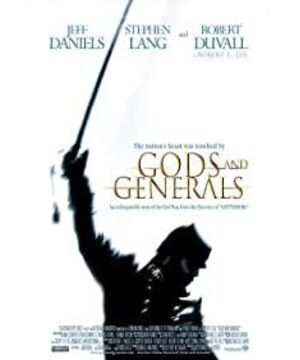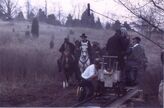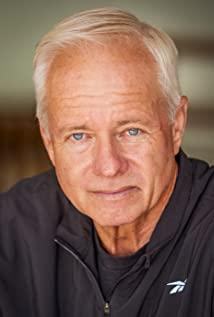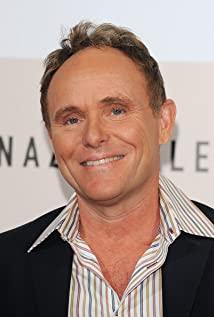It took two nights to enjoy a four-hour and forty-minute movie for the first time. I wonder what should the audience do if it is shown in the theater?
Fortunately, the film is divided into five chapters. Wouldn't it be better to make a TV series if the story is told in more detail? The story is relatively independent, and it doesn't matter if it is taken apart.
The film is unfolded in historical chronological order. The first two chapters are the foreshadowing of the whole play, the third chapter is the climax of the battle scene, showing the bloodiest battle, and the fourth chapter is the climax of the whole movie. After the fierce battle, both the North and the South were wondering what the price was for, and the answer was that the Northern Army was originally a middle-ranking officer who was a university professor in answering this question from his subordinates: They (South ) Want their freedom, but you think, their freedom is based on the enslavement of another race?
The fifth chapter of the film is the end, beginning with a successful raid by the Southern Army and ending with General Jackson's accidental injury to death in the raid, leading the plot to a key battle in the subsequent history: the Battle of Gettysburg!
The reason why this is a war without hatred. Although the whole movie is mainly based on battle scenes, the two sides at war, from generals to soldiers, when the two armies face off, guns and shells, until the hand-to-hand combat, The styles shown are all gentlemanly styles, without the harshness of gnashing the teeth of the opponents. I don’t know the actual history is like this, or the film is too dramatic?
There are three episodes that illustrate this point in particular: The first is the third chapter. When the Northern Army continuously stormed the stone wall defense line of the Southern Army, the defending Southern Army soldiers found that the attacking Northern Soldiers were the Irish Corps they were familiar with. They were shooting and crying. ; The second is the fourth chapter. When both the north and the south were respite after the fierce battle, two north and south soldiers who knew each other across the river met and walked to the middle of the river to share each other’s drinks and cigarettes; The third is two theatrical scenes, one is President Lincoln going to the theater to enjoy Shakespeare's play, and the other is the above-mentioned mid-level officer and his wife going to the theater to enjoy the play of Caesar's assassination.
This is an epic!
View more about Gods and Generals reviews











